Best Practices to Evaluate Translation Software Security
Security is one of the most important things for businesses today, and it's just as important for translation platforms that handle confidential information. With over 20 years in tech, I've worked on many large projects and focused on balancing speed and strong security.
In this article, I'll help you identify the key security practices to look for when choosing a translation platform, so you can find a solution that's safe, scalable, and effective.

1. Speed and User Experience: Securing Performance
When choosing a translation platform, speed and user experience matter, but security is just as important. Here's what to ask:
Single-Page Application (SPA) Security
Platforms using Single-Page Application (SPA) design help make navigation faster and run entirely in the client's browser. However, you need to ask how they protect against cross-site scripting (XSS), cross-site request forgery (CSRF), and other attacks. The platform should use techniques like Content Security Policy (CSP) to minimize your exposure to some of these threats.
EDGE Networks for Fast and Secure Data
EDGE networks process data closer to users, reducing delays and improving load times. But make sure your vendor is encrypting the data, using the newer versions of TLS, while it moves between servers.
Static Web App with API Client: Protecting APIs
If a platform uses a static web app as an API client, it allows real-time updates, and thus some client-server risks are minimized. However, APIs can be a target for hackers, so ask your vendor how they secure their APIs. Check if they use OAuth2, MFA (Multi-Factor Authentication), or if they offer SSO for secure logins and if they encrypt data going through the API.

2. Handling Large Files and Projects Safely
Translation platforms often manage large files. Here's how to ensure security while handling them:
Secure File Transfers
When transferring files, security is crucial. Ask your vendor if they use HTTPS or SFTP to encrypt the files during transfer and if they use secure protocols like TLS 1.2 or 1.3.
Additionally, using a VPN on Windows can add an extra layer of security, ensuring data remains encrypted even on public or unsecured networks.
And if you are a Mac user, consider security software like MacKeeper that monitors for data breaches and removes malware to ensure that your device can work fast and secure.
Safe Queuing and Batching Operations
For big projects, platforms often process tasks in batches to make things faster. Ask your vendor if they securely batch tasks and watch for any unusual activity to keep your data safe.
3. Secure Data Handling with Direct Uploads
Uploading and processing large amounts of data need to be secure, especially when dealing with sensitive content.
Direct Uploads to AWS S3: Fast and Safe
Many platforms use direct uploads to AWS S3, which transfer files directly from a person's computer to an encrypted bucket, without any intermediary steps.
Scaling with Security
As your business grows, the platform needs to handle more data without losing security. Ask how the platform scales and if they keep encryption and security checks in place, even when handling large volumes of data.

4. Secure Scalability and Resilience
You need a platform that can handle more traffic as your business grows while staying secure.
Vertical and Horizontal Scaling with Security
Vertical and horizontal scaling enable platforms handling of larger workloads. Ask your vendor if their scaling methods include strong security measures like key management and secure load balancing during high traffic periods.
Load Balancing and Redundancy
Load balancing helps spread the traffic across servers, and redundancy ensures backups are ready if something goes wrong. Ask how these systems are secured and if backup systems are properly encrypted.
5. Security and Compliance: What You Need to Know
Security and compliance are critical when choosing a translation platform. Here's what to check:
Reducing the Attack Surface and Data Isolation
Ask how the platform reduces its attack surface (which limits the number of ways hackers can get in). Check if they use data isolation to keep your data separate from other clients, reducing the risk of breaches.
GDPR Compliance and Data Privacy
It's essential that the platform follows GDPR and other privacy laws, like the California CCPA and Brazil's LGPD. Ask how they store data and if they perform regular security checks to stay compliant with global standards.
Conclusion
Choosing a translation platform isn't just about speed and features—security is equally important. By asking the right questions about file handling, data protection, and compliance, you can make sure you're using a platform that's safe and reliable.
At Bureau Works, we prioritize security at every step. Our platform is designed to protect your data while ensuring a smooth translation process. Make sure your vendor does the same by focusing on these key security aspects.
Unlock the power of glocalization with our Translation Management System.
Unlock the power of
with our Translation Management System.












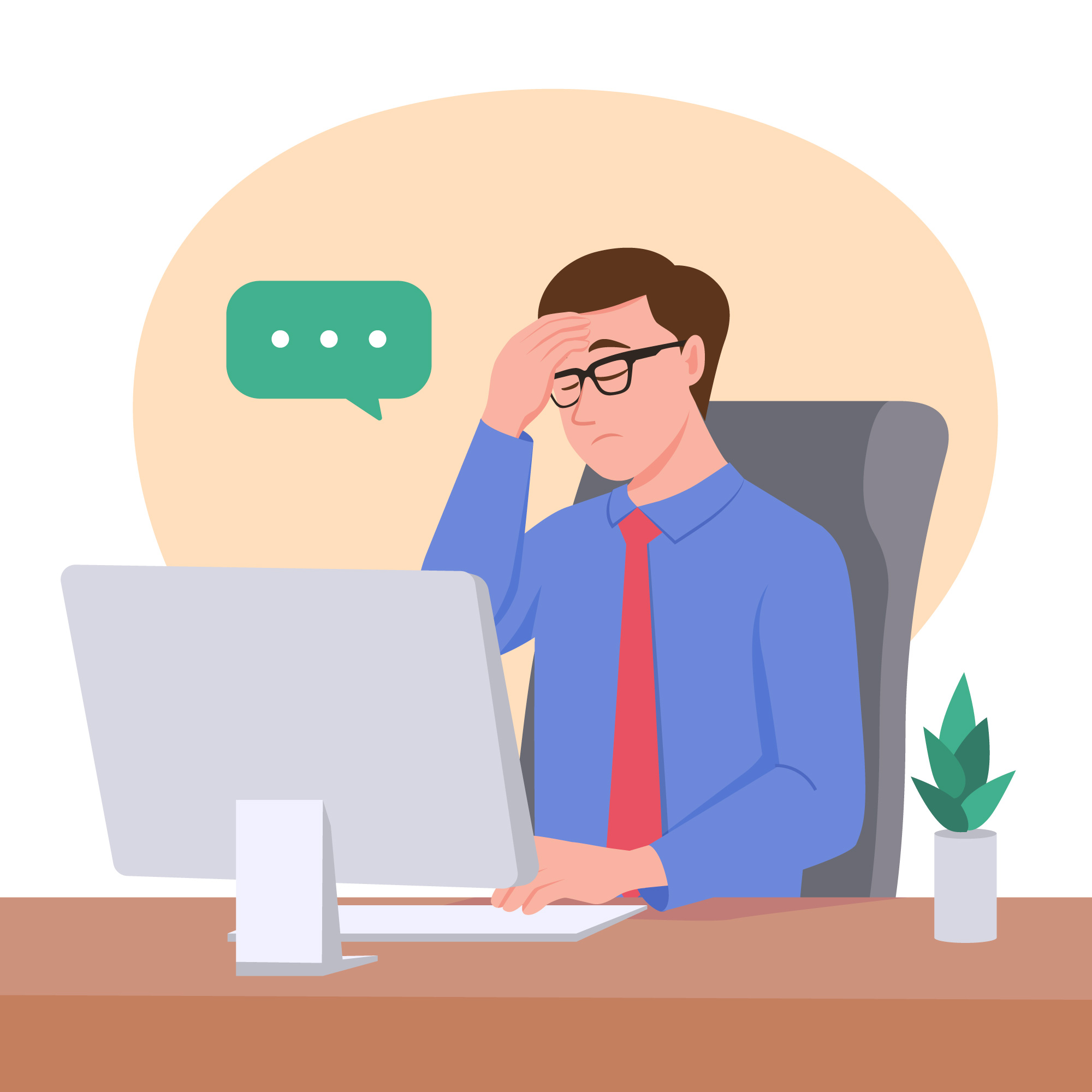
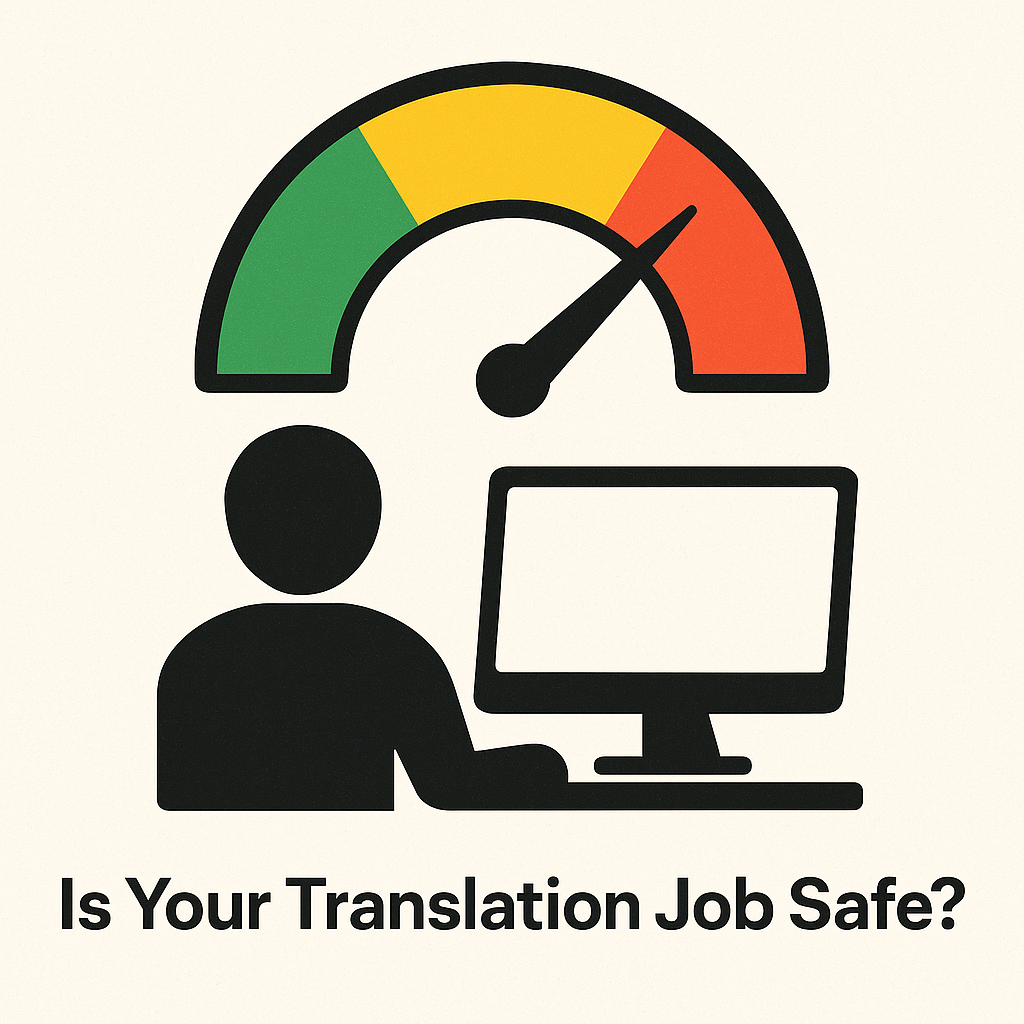
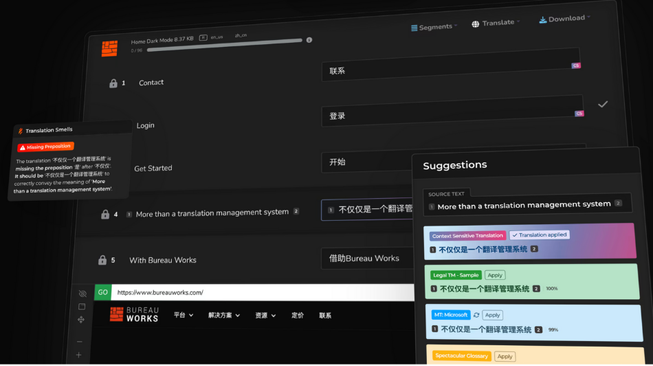


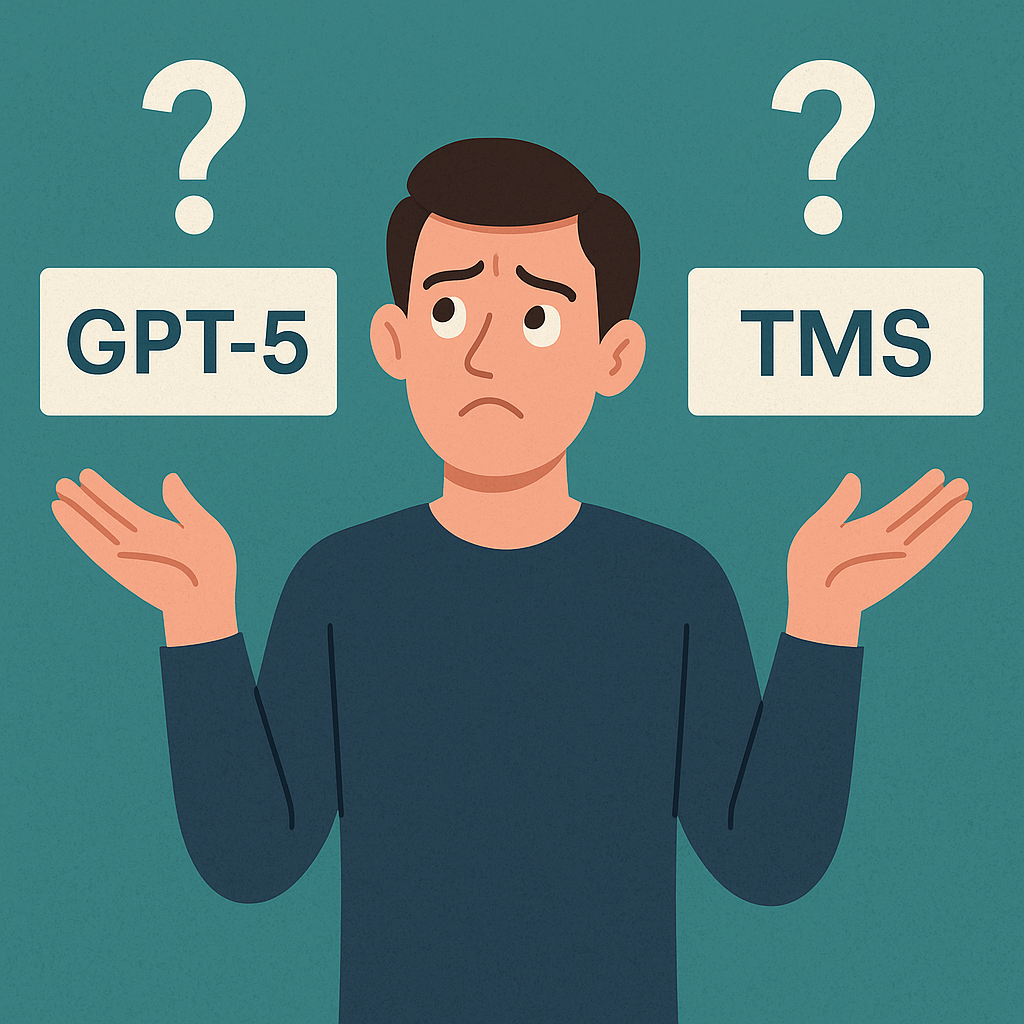


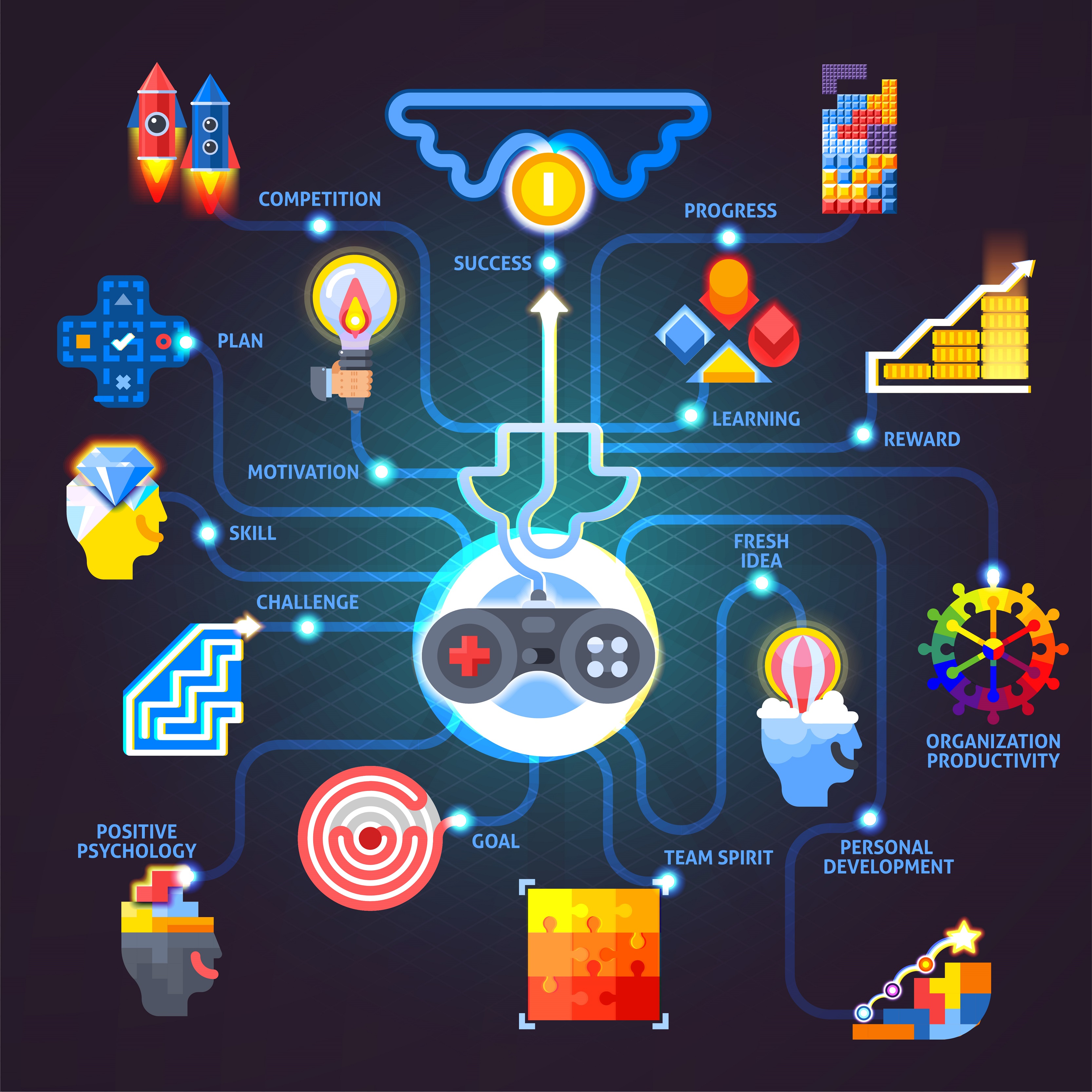






.png)